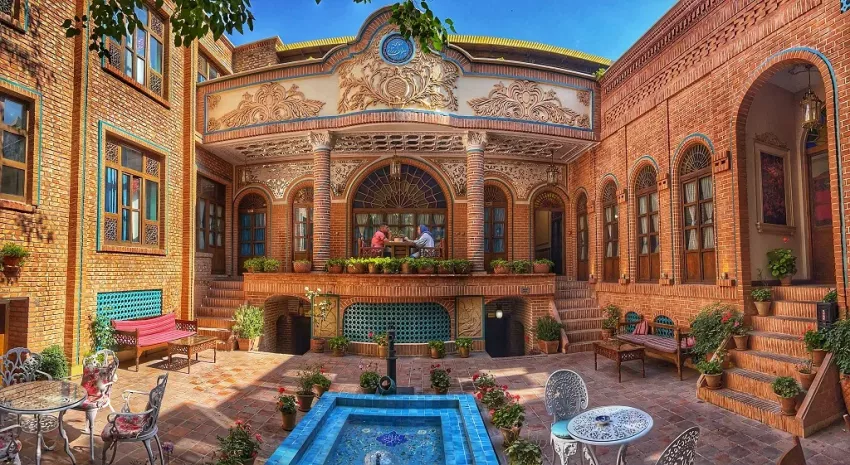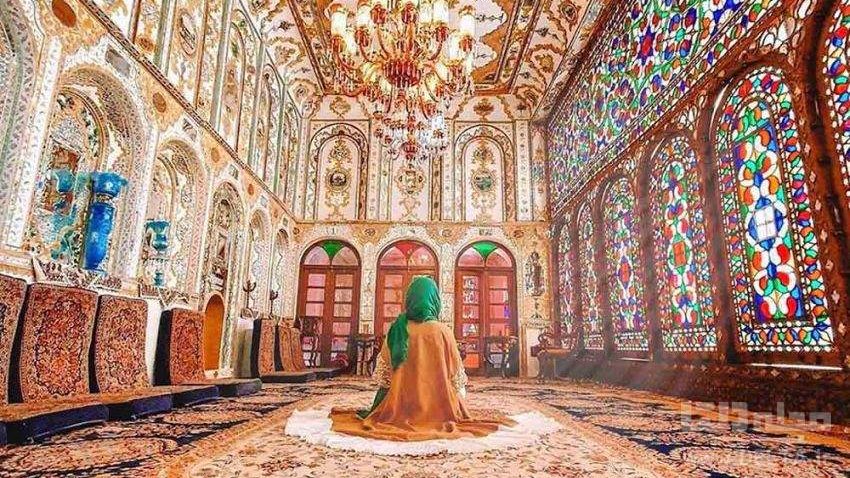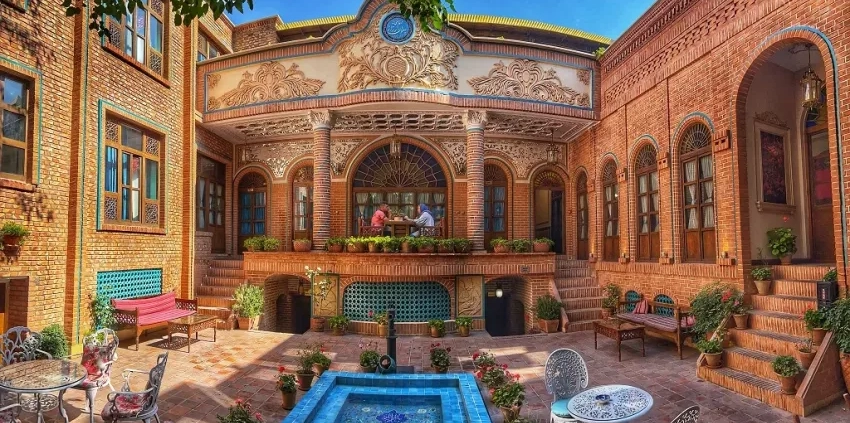Boutique Hotels
Boutique Hotels: A Unique Experience
Among various types of hotel structures, there’s one that has gained particular popularity in recent years: the boutique hotel. Coined in the United States to denote small, luxurious hotels with a distinctive and intimate environment, the term “boutique hotel” emerged in the 1980s. These are known for their unique artistic styles and architectural designs. These hotels are small, chic accommodations characterized by highly distinct architectural styles and decorations, offering personalized and exclusive services.
Given their independent structures, each boutique hotel possesses its own unique character. It’s not uncommon for each room to be decorated differently or for there to be models of 5 to 10 rooms that are replicated. Boutique hotels offer an opportunity to stay in a place where one can fully experience and engage with the destination.
A boutique hotel must have a distinct feature that sets it apart from the rest. Often, a boutique hotel revolves around a theme, encompassing everything from furniture to services, and may offer personalized services that aren’t available in other hotels.
The furnishings of these hotels often include vibrant primary colors, antique furniture, diverse wallpapers, and colorful fabrics. Every detail is meticulously considered to create a unique blend.

Boutique hotels are generally distinguished based on five key characteristics:
Size: A boutique hotel is small and independent. It offers a cozy, intimate environment where guests feel somewhat at home. Unlike large chain hotels, boutique hotels are often family-operated. They typically have anywhere from 10 to 100 rooms. The experience guests should have been that of being in a familiar and organized home, complete with communal spaces for travelers to gather, interact, and share experiences.
Design: Everything about a boutique hotel is designed with attention to detail. Their design often draws strongly from the local heritage and traditions, interpreted in a personal and unique manner. The fusion of historical structures with chic and elegant designs creates a palette of warm colors. While some feature modern furnishings, others may lean towards more traditional styles. Yet, they all have consistent elements: richly decorated rooms, a mix of different elements, the use of luxurious fabrics, and exclusive amenities. These are often quirky, trendy, and unconventional, attracting customers seeking unique stays.
Services: In the world of boutique hotels, services are always personalized. Upon a guest’s arrival, the staff knows their name and is ready to cater to their every need, always attentive to their preferences. Hotel owners personally engage with guests, welcoming and, if desired, guiding them.
Hospitality: The specific hospitality related to the regional culture where the hotel is situated is another essential element. If a boutique hotel includes a restaurant or bar, it will be beautifully unique. Offering authentic cuisine influenced by the indigenous culture surrounding the hotel becomes part of its appeal, not just for tourists but also for locals, turning it into a local reference point.
Location: Typically, a boutique hotel is away from the hustle and bustle. Generally found in a unique and private location, far from mass tourism and major tourist flows, they are situated in the modern part of the city.
The world’s best boutique hotels have expanded worldwide, some standing out due to their remarkable and distinctive structures. For instance, there’s the Relais & Chateaux Hotel Heritage in Belgium, adorned in a classical and regal style. Not to overlook Twenty-Seven in Amsterdam: an ordinary building in the Dutch capital, yet its top-floor rooms boast sloping ceilings, creating a romantic ambiance. The most romantic boutique hotel is situated in Costa Rica: the Drake Bay Gateway Resort offers beautiful rooms with views of the jungle and sea.

In Iran, boutique hotels have historically been based on old houses. These were once secure havens and places for family gatherings. Retaining the identity and authenticity of Iranian homes, these have transformed into very chic and unique hotels. Despite the general definition of boutique hotels, their locations in the city center and historical and touristic fabric make them unique. They often pride themselves on preserving the local cultural heritage in which they are situated. Among the boutique hotels in Iran are Pahlevan Razaz Boutique Hotel in Tehran, Mollabashi in Isfahan, and Oscru in Shiraz, which embraces the Qajar-era architecture, allowing visitors to taste the life in old Iranian homes and become more acquainted with the style and art of Iranian architecture.




Leave a Reply
Want to join the discussion?Feel free to contribute!